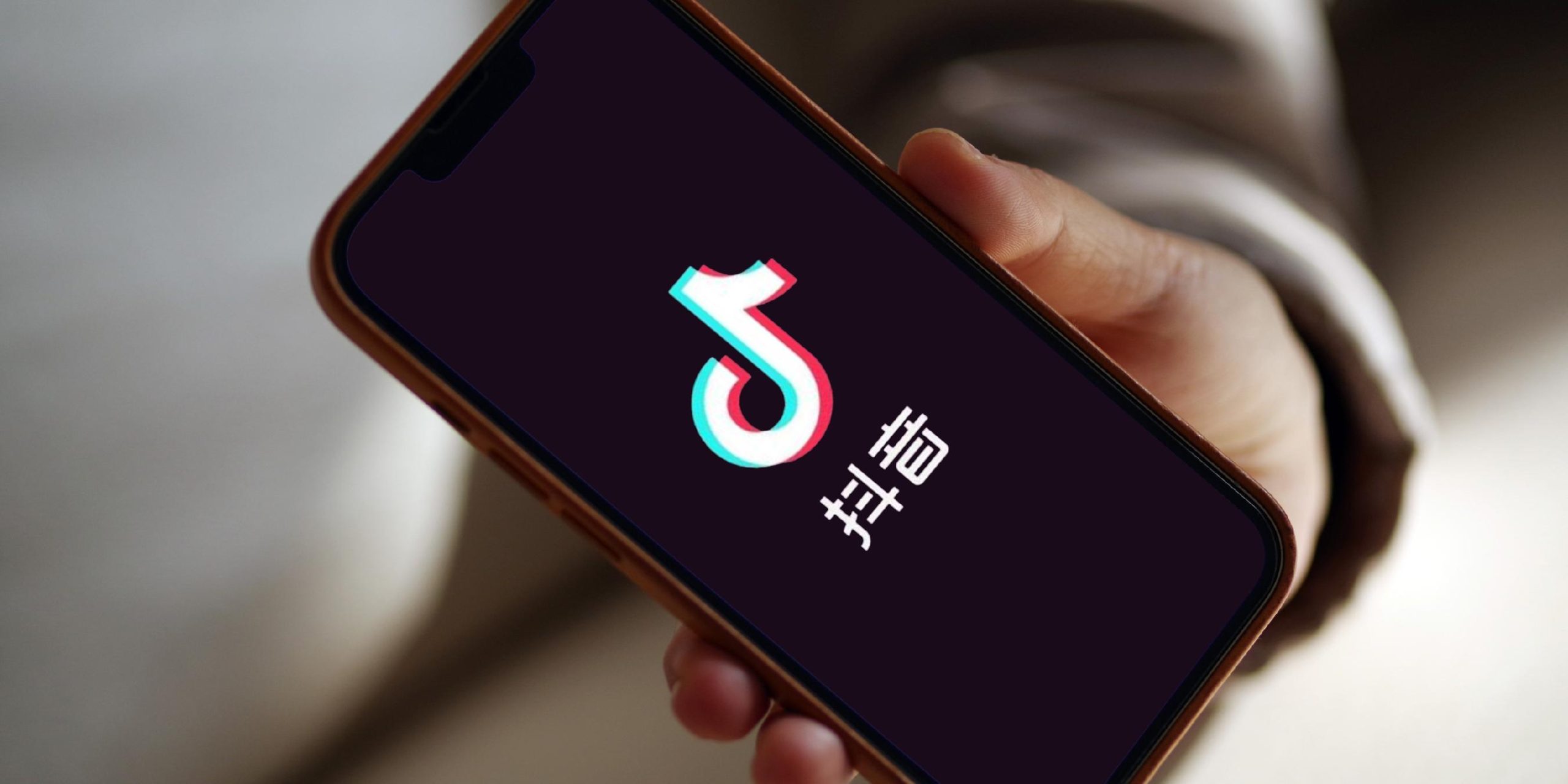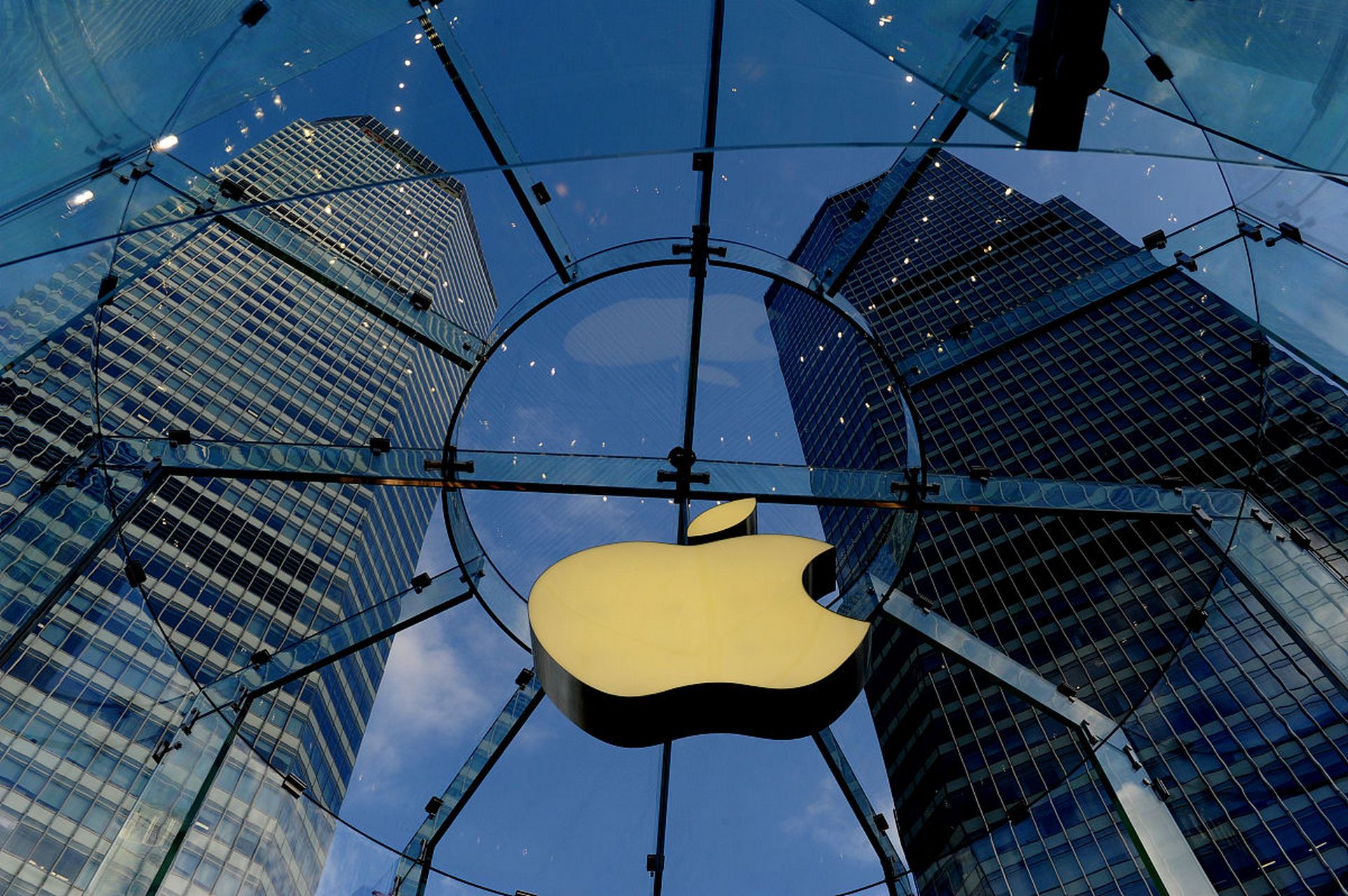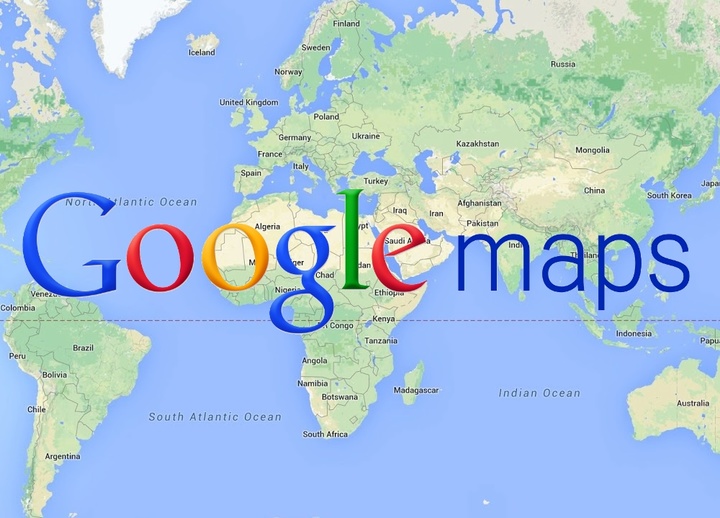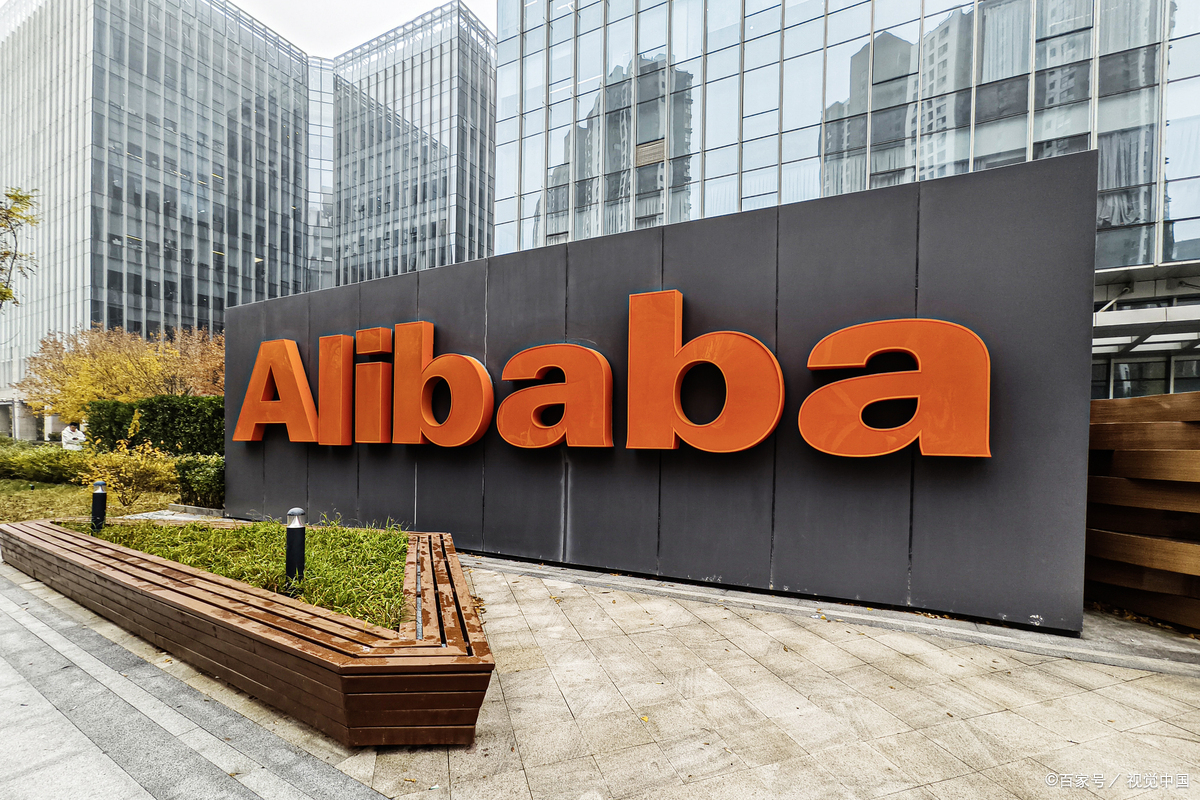Ali has once again been targeted by the White House.
On November 14th, according to the Financial Times, a White House memo accused Alibaba of providing technical support to the Chinese military and threatening US national security. Alibaba and the Chinese Embassy refute his statement as untrue.
Coincidentally, just the day before this, Bloomberg pointed out that Alibaba will develop AI C-end applications and create the personal assistant Qianwen APP.
The continuation of these two events inevitably causes confusion among onlookers: Alibaba has just released a new app, why are you panicking at the White House?
【01】
In terms of calculation, Alibaba is also a frequent guest on the US blacklist.
In 2011 and 2016, Taobao was twice listed as a “notorious market” by the Office of the United States Trade Representative.
In 2018, US authorities blocked Ant Financial’s bid to acquire US remittance company AliExpress International and submitted a proposal to put it on a trade blacklist.
In 2022, the United States will review whether the services provided by Alibaba Cloud to American companies pose a risk on the grounds of “national security”.
In 2025, White House and House officials raised questions about Apple’s collaboration with Alibaba to introduce AI capabilities to iPhones in the Chinese market.
As is well known, when it comes to Chinese companies, the White House has always been “pushing whoever is stronger”. The above sanctions indirectly confirm the global influence of Alibaba’s four businesses.
In terms of e-commerce, Alibaba’s cross-border trade network of “Global Buy, Global Sell” has covered more than 200 countries and regions, serving over 700 million overseas users, and can compete with the old American e-commerce company Amazon for the world. During the Double 11 period in 2025, the transaction volume of over 200 brands on Alibaba’s AliExpress will exceed twice the daily average volume of Amazon.
Ant Group, which specializes in finance, once ranked first among global unicorn companies, with a leading global user base and business coverage in the industry.
Alibaba Cloud is the third largest cloud computing company in the world, competing fiercely in the global market with the two largest clouds in the United States – Amazon Web Services and Microsoft Azure, collectively known as 3A.
In the era of AI, Alibaba’s AI capabilities based on the Qwen big model seem to be even more daunting for the United States.
At present, the download volume and derivative model volume of Alibaba’s Qwen series of large models have surpassed that of Meta’s Llama in the United States, and both have won the world’s open source model industry. Its global download volume has exceeded 600 million, with over 170000 derivative models, and users including global AI leaders such as NVIDIA, Microsoft, and Amazon.
The Stanford University’s “2025 Artificial Intelligence Index Report” points out that Qwen ranks third in the world in terms of the contribution of important models, and the performance gap between top AI models in China and the United States has significantly narrowed to 0.3%, approaching parity.
In the global AI big model real-time investment competition initiated by American institution Nof1, which just ended on November 4th, Qwen3 Max won the championship with a return rate of 22.32%; The four top American models, GPT-5 and Gemini 2.5 Pro, not only lag behind but also suffer losses, with GPT-5 at the bottom with a loss of over 62%.
Nvidia CEO Huang Renxun stated during the earnings call on May 29, 2025 that Qwen and DeepSeek from China are the best open-source AI models and have gained significant attention in the United States, Europe, and other regions.
Airbnb CEO Brian Chesky publicly stated in a media interview that the company “heavily relies on the Qwen model” and bluntly stated that it is “better and cheaper than OpenAI”.
Twitter founder Jack Dorsey publicly praised Qwen3 Coder on July 24, 2025, expressing his hope to “collaborate with Qwen3 Coder to create intense sparks”.
The Qianwen APP, which breaks the defense of the United States, is built on the strongest model of Qwen.
It is reported that the Qianwen App is targeting ChatGPT, the former only rule maker in the industry and a pioneer player in C-end AI who attempted to drive China off the table early through a ban.
Now, a new Chinese player has taken the seat with the strongest open-source model. The world AI game is new and suspenseful.
For global users, personal AI apps will probably have one more good or even better option.
For Americans, the previous suppression may have lifted another “supernova” in China’s C-end AI applications, further losing their global AI market share, and their panic can be understood from this.
【02】
And perhaps this is just the beginning.
We are actively promoting a three-year 380 billion AI infrastructure construction plan and will continue to increase investment. From the perspective of the long-term development of the AI industry and customer demand, in order to welcome the arrival of the ASI era (super artificial intelligence that surpasses human intelligence and can self iterate and evolve), compared to the first year of GenAI in 2022, the energy consumption scale of Alibaba Cloud’s global data centers will increase tenfold in 2032… We believe that through such saturated investment, we can promote the development of the AI industry and welcome the arrival of the ASI era. ”
Alibaba Group CEO Wu Yongming’s heart wrenching speech at the Yunqi Conference in September this year seems to be still in his ears.
Under the firm ‘saturation investment’, Qwen’s current achievements may only be the starting line in the long run.
The confidence of Qianwen APP is not only limited to Qwen. Its other trump card is the business ecosystem within Alibaba Group.
We have long been accustomed to shopping with Tmall on Taobao, paying with Alipay, navigating with Gaode map, working with nails, and searching with quarks
These flagship applications, which belong to the Alibaba Group along with the Qianwen APP, have already penetrated into every aspect of our lives, and are expected to provide support for the Qianwen APP in the future – these massive real-life scenarios are resources that competitors such as OpenAI cannot reach.
Combined with the rich industry knowledge accumulated by Alibaba Cloud in B2B services, the future of Qianwen APP is full of imagination.
As a result, the self iteration flywheel of the Qianwen APP within the Alibaba system is about to emerge, and the speed may exceed the imagination of Americans.
【03】
In fact, looking back at Alibaba’s development history, it can be found that toB and toC have been repeatedly staged, and the plot is extremely exciting.
In 2003, Alibaba turned losses into profits in its B2B main business and opened up a new chapter, but decided to embark on a new “turmoil”.
Inspired by Yahoo’s Japanese business model and the prominence of Internet business in the SARS epidemic, Ali developed a C2C platform called Taobao.
You already know the later story. This platform not only defeated eBay, an American Internet giant that had an absolute advantage in the Chinese market at that time, but also became an undisputed elder brother in the Chinese e-commerce industry, and was widely known around the world.
The original mission of Alipay, which was born in the same year as Taobao, was to solve the trust problem between buyers and sellers in the group by virtue of the “guaranteed transaction model”.
Ten years later, in 2013, the Yu’e Bao product for individual users was officially released, becoming the first Internet fund in China. On the the fourth day after the launch, Yu’e Bao went on CCTV news broadcast. On the sixth day after going online, the number of users exceeded one million.
In 2017, Alipay became the largest money market fund in the world, surpassing the previous champion, JPMorgan Chase US Government Money Market Fund.
Behind the repeated repetition of history, there may also be its inevitability.
On the practical level, B-end advantageous technologies often forge the sword for C-end breakthrough.
At the “virtual” level, it is the corporate culture of “customer first” and “embracing change”.
Of course, there are also generations of Alibaba people who are brave enough to strive.
These elements have repeatedly helped Alibaba effectively transmit the advantages of the B-end to the development of the C-end, and ultimately become a heavyweight player in the C-end market, even reshaping the industry’s form and cognition.
As mentioned earlier, in the era of AI, Alibaba’s B2B advantage has become significant enough to shock the world.
With such a solid foundation, Qianwen App is expected to continue writing a more glorious chapter in Alibaba’s history from B to C, and on a global scale – representing Chinese power and shattering the dream of American AI hegemony.
Although Alibaba has previously focused more on expanding the B-end in the AI field, the Qianwen APP has just started in the C-end, but it has already attracted Americans to be on high alert.
So come on, Ali. How can we disappoint them?


















No comment content available at the moment